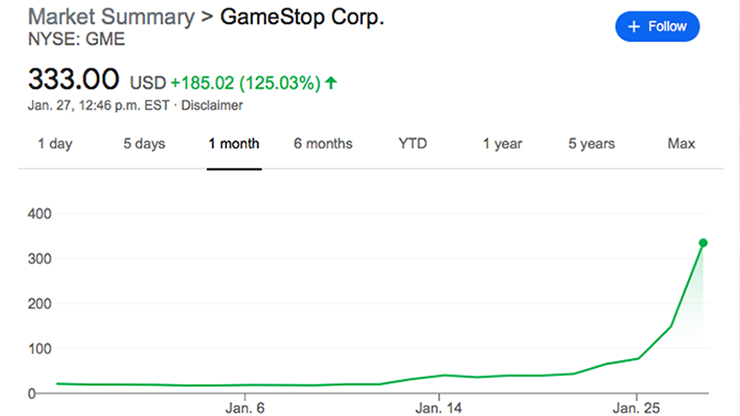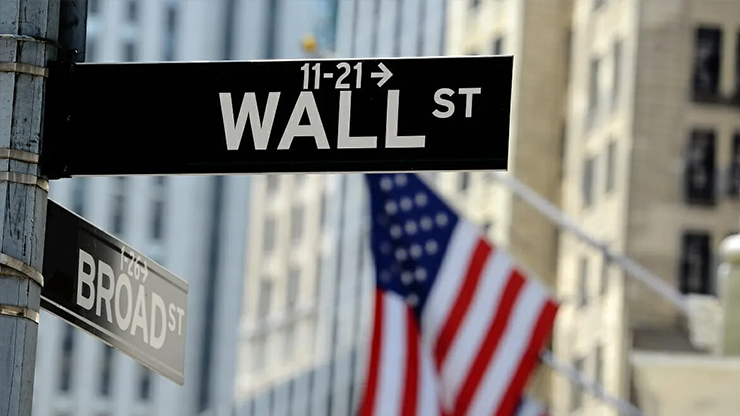Bank of America recently coined Gen Z as “the most disruptive generation ever.” Is it possible that a generation whose oldest members are only in their mid-20s could make such an impact already? Early signs show that Bank of America’s title may not be too far-fetched.
Think back to early 2021 when GameStop stock went into such a frenzy that the popular app Robinhood suspended all trading of its stock, despite growing outrage. What many people may not realize is that the WallStreetBets Redditors behind this frenzy consisted primarily of small-time traders from Generation Z.
That’s right, these young, previously thought inexperienced traders, took to Reddit to devise a plan that would shock the investment world. After noticing hedge funds were short-selling GameStop stock, a team of WallStreetBets Redditors joined together to buy up all the stock and caused what is referred to as a ‘short squeeze.’ In the end, some of these young Gen Z investors made millions while institutional investors faced significant losses.

Many, however, believe that this Wall Street stunt was more than just about making money – they were also making a point about wealth inequality. In effect, many believe these young investors were staging their own Occupy Wall Street. Instead, of protests and rallies, they turned to technology.
This should really come as no surprise. First, this is the first generation to enter the market that can’t remember a time without cellphones and the internet. Secondly, this generation takes social injustice seriously.
Despite their young age, nearly 20% of the Gen Z generation have already stated that they will not invest in companies that don’t take a stance on the issues that are important to them. As this generation gains more purchasing power, these demands are likely to change the stance of businesses across the globe. For example, major tech companies, such as Google, Dell, and Apple have already made commitments to reduce their carbon footprint in the upcoming years.

That’s not all. Gen Z workers are also changing the way of life for stockbrokers. This generation is rebelling against the typical 95-hour workweek expected of new stockbrokers. These young workers understand the value of time and they’re willing to fight for it. While their older bosses are trying to fight back – after all they’ve already had their share of 95-hour workweeks – they may not have a choice because many Gen Z workers are more than willing to shift to a smaller firm that offers more flexible hours.
How do these disruptions affect the average investor? Only time will tell, but no one should be surprised to see another GameStop stunt in the future. One thing is certain, however, Gen Z is ready to make its mark on both Wall Street and the world.


